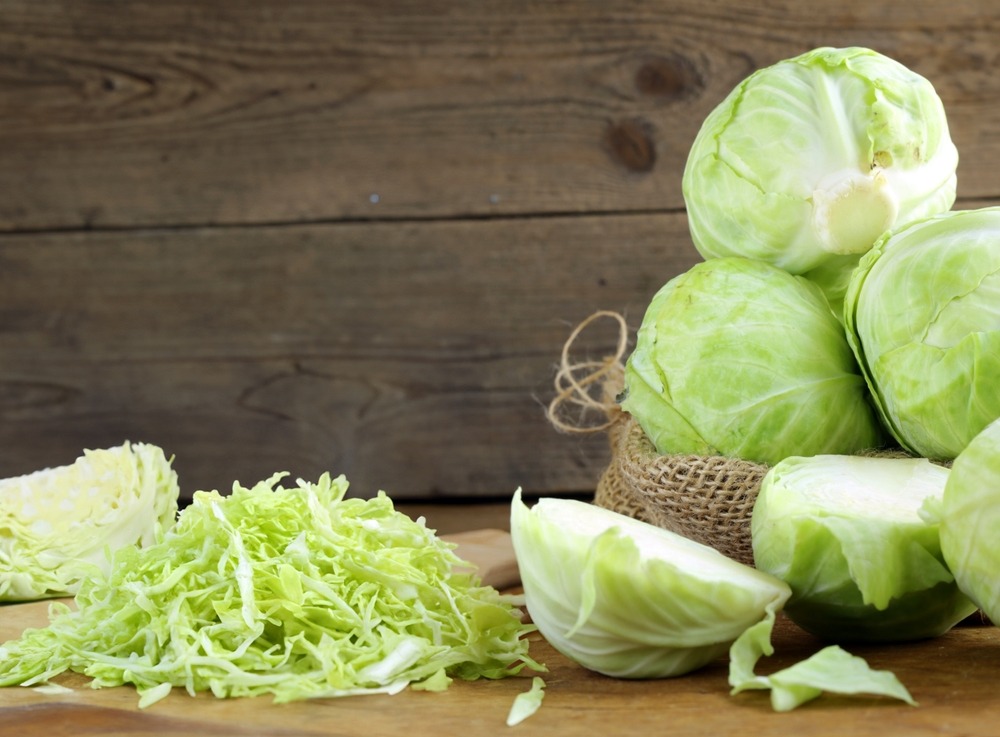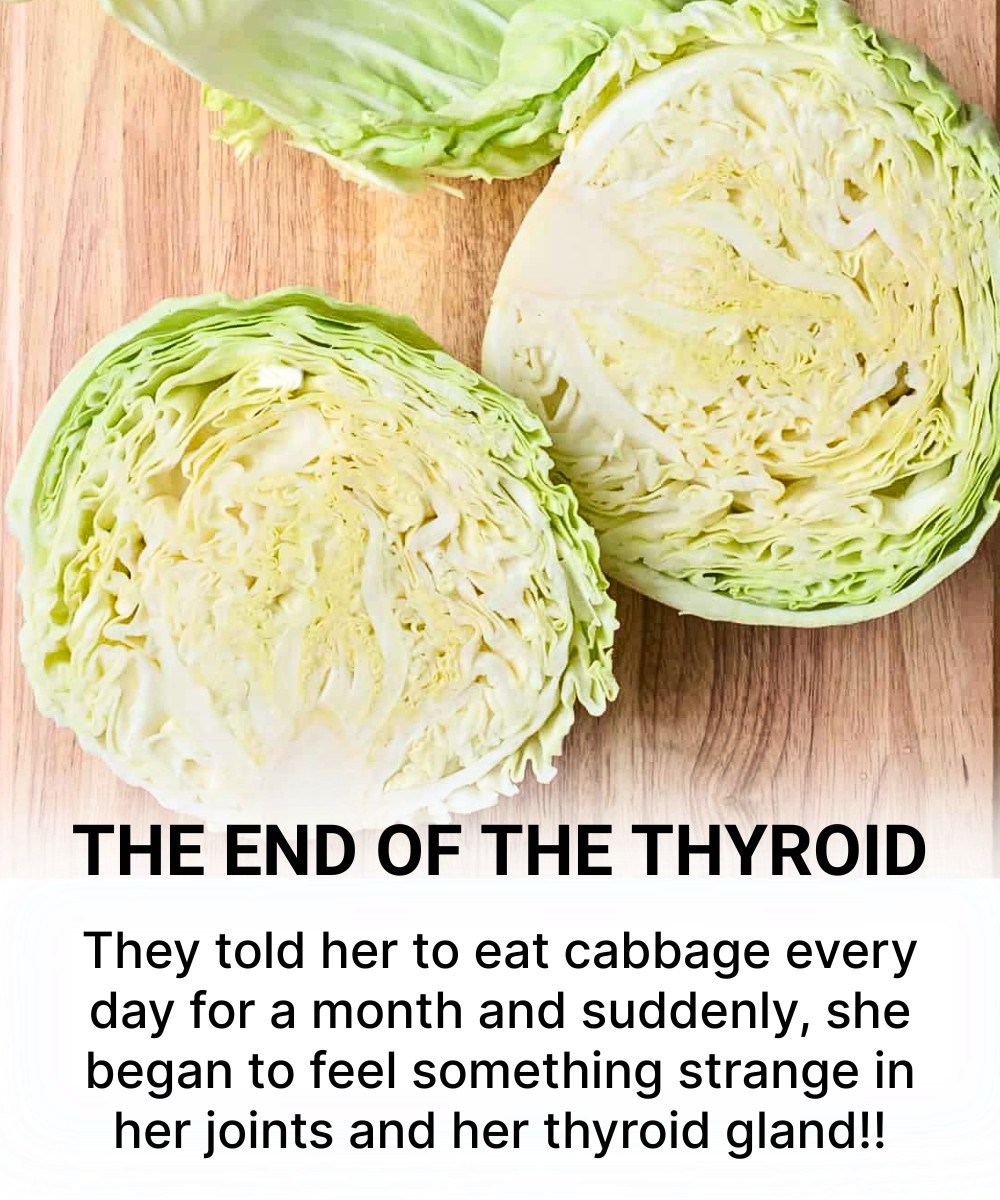
Glucosinolates and Thyroid Concerns
Like other cruciferous vegetables, cabbage contains glucosinolates—natural compounds that can interfere with the body’s absorption of iodine, a mineral essential for producing thyroid hormones.
In cases where diets are extremely high in cruciferous vegetables and low in iodine, there may be an increased risk of hypothyroidism, particularly for those already prone to thyroid issues.
However, for most people, the amount of cabbage needed to cause harm is far greater than what’s typically eaten—especially if the diet includes adequate iodine. Many regularly enjoy cabbage, broccoli, and cauliflower without any thyroid-related problems.
Pay Attention to Your Body
If you’ve added cabbage to your meals more often and notice changes such as joint discomfort or possible thyroid-related symptoms, it’s wise to see a doctor or nutritionist. They can help identify whether your diet might be linked to your symptoms and recommend adjustments. Everyone’s body responds differently to certain foods.

